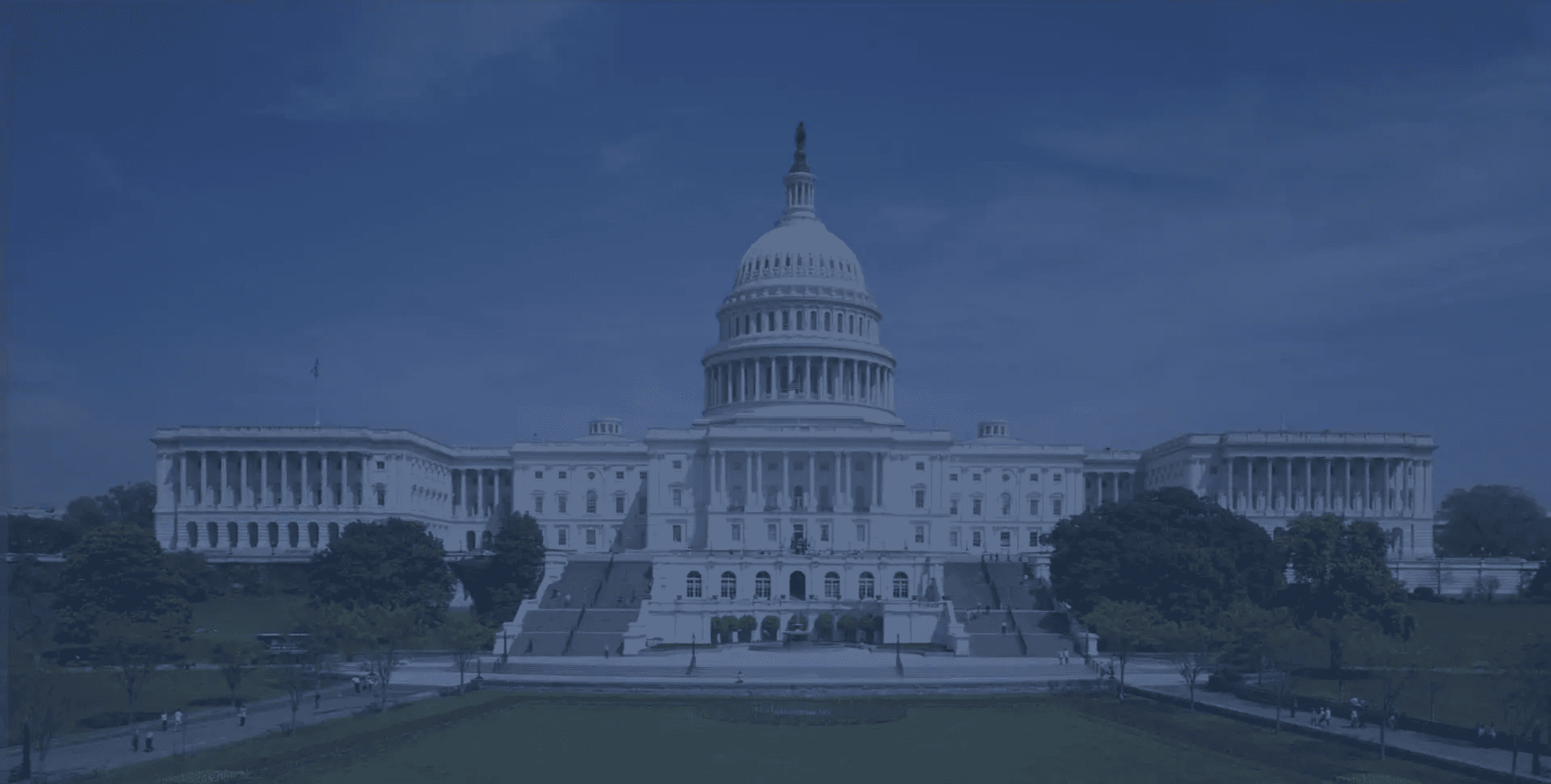
ElectionsUncategorized
President Obama Sanctions Russian Entities and Individuals for Tampering with Election
On December 29, 2016, President Obama took action to expand the scope of the Department of the Treasury's Cyber-related Sanctions Program to
December 30, 2016 | Obama, Russia, Sanctions
President Obama Sanctions Russian Entities and Individuals for Tampering with Election
On December 29, 2016, President Obama took action to expand the scope of the Department of the Treasury's Cyber-related Sanctions Program to include, among other things, tampering with election processes. Specifically, the President issued an Executive Order, Taking Additional Steps to Address the National Emergency with Respect to Significant Malicious Cyber-Enabled Activities.
This Executive Order expanded upon the sanctions and national emergency originally set forth in Executive Order 13694 (2015), Blocking the Property of Certain Persons Engaging in Significant Malicious Cyber-Enabled Activities.
The President's new action amends E.O. 13694 in three important ways:
1. Section 1(a) of E.O. 13694 is amended to include an annex of designated persons, that include six individuals, three entities, and two agencies in the government of the Russian Federation.
2. Section 1(a) of E.O. 13694 is also amended to expand the scope of the Cyber-related sanctions to persons who are found "by the Secretary of the Treasury, in consultation with the Attorney General and the Secretary of State" to have been engaged, involved, or complicit in "tampering with, altering, or causing a misappropriate of information with the purpose or effect of interfering with or undermining election processes or institutions."
3. A new section (Section 10) of E.O. 13694 grants the Secretary of the Treasury, in consultation with the Attorney General and Secretary of State, to remove these designations should circumstances no longer warrant the blocking of such property.
With that said, the economic sanctions were only one tool used by the White House in this action. In addition, President Obama expelled 35 Russian diplomats and closed two Russian compounds. Furthermore, the President has stated that the U.S. government will "continue to take a variety of actions at a time and place of our choosing."
Background of the Cyber-Related Sanctions Program
The Cyber-related Sanctions Regulations (CSR) give effect to E.O. 13694, which was issued by the President on April 1, 2015.
E.O. 13694 was issued by the President through the authority granted to him in the International Emergency Economic Powers Act (IEEPA), which grants the President the power to implement sanctions to restrict trade and block property in response to a national emergency.
The national emergency at issue in E.O. 13694 was—and still is— "the increasing prevalence and severity of malicious cyber-enabled activities originating from, or directed by persons located, in whole or in substantial part, outside the United States."
President Obama found this to pose an extraordinary and unusual threat to the U.S. economy, foreign policy, national security.
This language is not unusual for executive orders. Indeed, IEEPA grants the President authority to issue sanctions precisely when the economy, foreign policy, and national security of the United States is faced with an unusual and extraordinary threat.
The law does not require the President to justify why certain activities pose such a threat, and most executive orders merely describe the activity being targeting by sanctions and thereafter conclude that it poses a national emergency because of the threat to these three U.S. policy interests.
The sanctions regulations for this program were not issued by OFAC until almost eight months later, on December 30, 2015. They can be found in 31 C.F.R. Part 578 (PDF).
The specific activity targeted by E.O. 13694, before the recent amendments, included:
1. Significantly compromising the provision of services by (i) entities in a critical infrastructure sector or (ii) computers or networks that supports such entities;
2. Significantly disrupting the availability of computers or networks; and
3. Misappropriating funds, economic resources, personal identifies, trade secrets, or financial information for commercial/competitive advantage or private financial gain.
In essence, the original E.O. 13694 created sanctions against persons involved in hacking critical infrastructure sectors or engaging in corporate espionage (e.g., stealing trade secrets).
The Newly Designated Persons and Organizations
The Treasury issued a Press Release on December 29, 2016, alongside the White House Statement and the new Executive Order, explaining parallel action taken by OFAC in addition to the election-related activity targeted by President Obama.
OFAC designated two Russian individuals, Evgeniy Mikhailovish Bogachev and Aleksey Alekseyevich Belan, for engaging in the misappropriation of financial information and personal identifiers for private financial gain.
In addition to OFAC's action, the White House released an Annex to the new Executive Order that includes the following designated persons and organizations:
1. Vladimir Stepanovich Alexseyev, the First Deputy Chief of GRU
2. Sergey Gizunov, the Deputy Chief of the GRU.
3. Igor Korobov, the Chief of GRU.
4. Igot Kostyukov, the First Deputy Chief of GRU.
5. The GRU (Glavnoe Razvedyvatel'noe Upravelenie), the Main Intelligence Directorate of the Russian Federation.
6. The FSB (Federalnaya Sluzhba Bezopasnosti), the Federal Security Service of the Russian Federation.
7. Zorsecurity (also known as Tsor Security), a Russian entity.
8. Special Technology Center, a Russian entity.
9. Autonomous Noncommercial Organization Professional Association of Designers of Data Processing Systems (also known as ANO PO KSI), a Russian entity.
The property of all of these persons has been blocked by the U.S. government. This means that all property belonging to these persons, and all property in which these persons have any interest whatsoever—direct or indirect—is now blocked.
Financial institutions in the U.S. will block these accounts and place them in special OFAC Blocked Accounts that cannot be accessed without specific permission from OFAC.
Moreover, all entities owned or controlled by these persons in the amount of 50 percent or more will also be blocked. OFAC will very likely not include these subsidiaries on any list, but U.S. individuals and entities are still prohibited from engaging in any business. This emphasizes the importance of U.S. companies knowing the beneficial ownership of their customers, suppliers, and business partners.
Will These Sanctions Survive the Trump Transition?
According to Reuters, President-Elect Trump on Wednesday stated that "[w]e ought to get on with our lives," in response to statements that the President Obama would be unveiling retaliatory actions against Russia. Trump also announced that he would be meeting with intelligence officials next week to receive a briefing on this issue.
However, once President-Elect Trump enters office, he will have the power to repeal the executive orders, both E.O. 13694 and President Obama's action yesterday. In addition, Trump would have the authority to have the designated persons removed from the Specially Designated Nationals and Blocked Persons List (SDN List).

